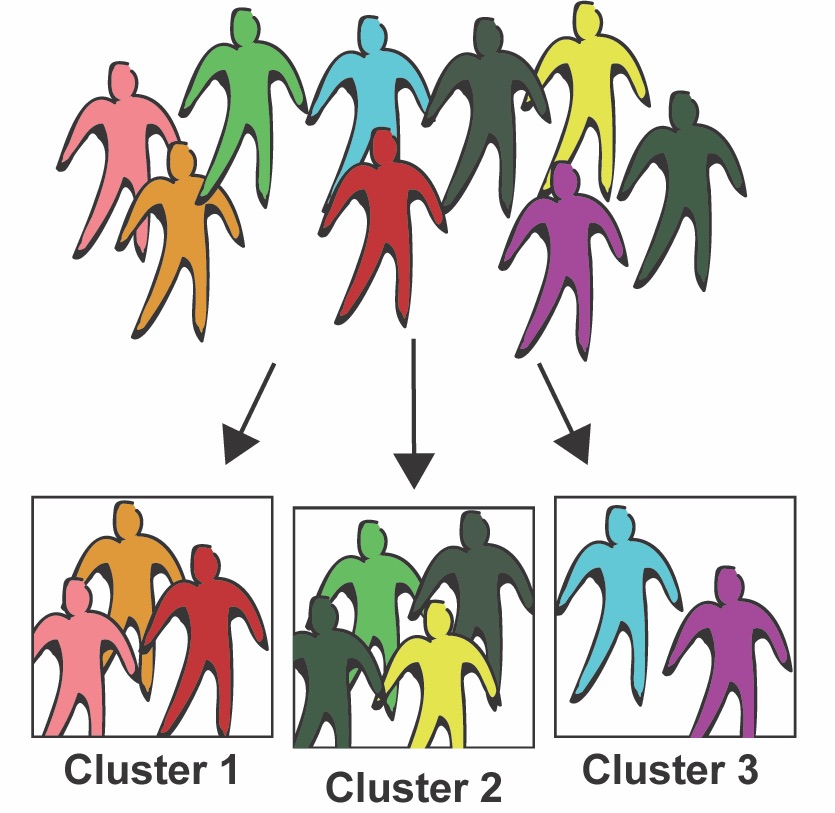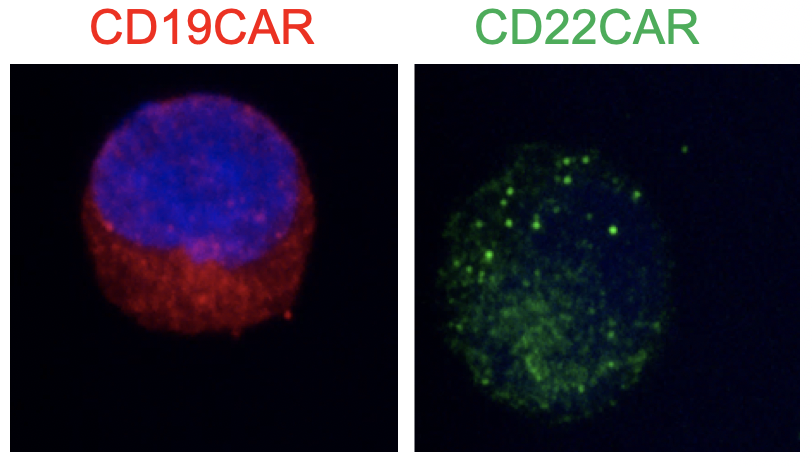
The Molecular Dynamics Lab investigates how intracellular signal transduction networks convey information. We focus on how these information-processing networks break down in diseases such as autism, and how we can control these processes in the context of engineered cell therapies.


Over the past decade, hundreds of rare genetic mutations have been linked to autism. This tremendous genetic heterogeneity means that each case of autism is, if not unique, then an ultra-rare event. A second goal of the lab is to use proteomic measurements of human induced neurons (iNs) to sub-group different autisms into biologically relevant groups, similar to what is done in cancer or epilepsy. Sub-grouping could allow the development of targeted treatments tailored to specific types of autism, bringing ‘personalized medicine’ to ASD treatment.

Chimeric Antigen Receptor (CAR) T cells are engineered cells that have shown great promise as anti-cancer therapies. We work with CAR T cell experts at Seattle Children’s Hospital to better define signal transduction downstream of the CAR, and to engineer CARs with favorable signaling profiles. The image shows an anti-CD19 and an anti-CD22 CAR, courtesy of the Jensen lab.

